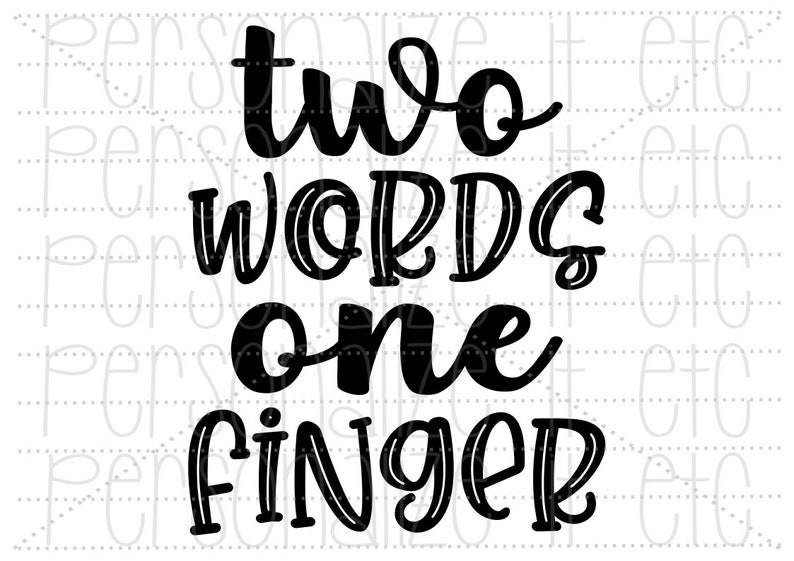
Methodology is an annoying word that has oozed into a lot of places, especially government documents and annual reports, probably because it sounds important…and pretentious. “We have…failed to require that the IRS utilize only secure and reliable authentication methodologies…” Still, it’s all less - not fewer! - difficult than you’d think.) (Don’t blame us - those are the basic rules that many people follow. But since here we’re really talking about total amounts of nonhuman things, use less.

Use “fewer” for numbered, countable things, especially people or other plural nouns.Technically, at least according to some word snobs, it should be “fewer people,” not “less people.” Why? It all depends on if and what you’re counting. “tart-ups are leaving the heartland and are employing less people.” After all, you probably wouldn’t want to wish Broadway only one regard.

The exception is when sending someone good wishes - “best regards” - or when giving your regards to, say, Broadway, as in the song. Not regarding the remarkable production capacity, but regarding “in regards to,” which should be “in regard to.” Even better, just say “regarding” or “about.” (For the record, “regards” with the “s” is correct in the phrase “as regards,” where “regard” is a verb.) In regard to the phrase “in regard to,” regard is a noun, and the singular - without the s - should always be used. “n regards to the new well, the production capacity of this first large size production well is remarkable.” But leave out that preposition “on.” That might impact (affect) your business presentation. But nowadays, you can use it to mean “to affect” (without any collisions). In a 2015 American Heritage Dictionary survey of language experts, 79% disapproved of using “impacts on” to mean “affect.” Another 39% disapproved of using “impact” to mean “affect” even without that preposition “on.” The original (and still most common) meaning of “impact” involves collisions. “They can clearly and simply explain what we have done and how it impacts on our interpretation of the data, ensuring our reports are understandable and actionable.” So leave “begs the question” where it technically belongs - in the realm of logic and law - and use the (correct) “raises the question” when that’s what you’re trying to say. In spite of popular thought, “begs the question” is not a smart-sounding way of saying “raises the question.” It’s actually a formal logic term that means trying to prove something based on a premise that itself needs to be proved. This begs the question as to whether Fidelity’s new funds incur any hidden costs or fees.” “Fidelity might have fired the last salvo by eliminating fees entirely. (We’ve omitted attributions to protect the well-meaning writers who unwittingly committed the errors) Here, excerpted from our new book, That Doesn’t Mean What You Think It Means, are nine terms or words that sound smart but when used incorrectly make you sound the opposite, along with real examples of their being misused, drawn from business news reports, research publications, and corporate press releases. Think it can’t happen to you? We’ve heard horror stories: people laughing behind a prominent CEO’s back for his not understanding the correct use of a business term a corporate lawyer saying “tenant” (a renter) instead of “tenet” (a belief) an employee toasting her supervisor as the “penultimate” leader (which doesn’t mean “ultimate” but instead means “next to last”). But if you make that kind of mistake, it sets you up for a question that no one wants clients, coworkers, or employers to begin asking: “Are you really that smart?” Sure, saying the wrong word (usually) isn’t a game-changer.

Although they do this in an effort to sound intelligent and sophisticated, it backfires badly, because even one small slip-up can cause an audience to focus on only that, not the speaker’s ideas. Many times, especially in business settings, people use words that they think they know - but don’t.


 0 kommentar(er)
0 kommentar(er)
